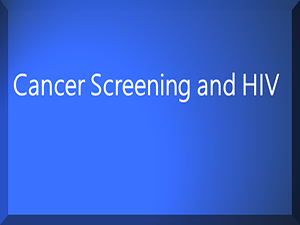Keith Sigel, MD is a member of the Mount Sinai faculty in the Division of General Internal Medicine. Dr. Sigel is a clinical researcher and epidemiologist with a primary research interest in clinical factors related to the abnormal biology of lung cancer and anal cancer in patients with HIV. His clinical interests include issues associated with the care of aging HIV infected patients and the treatment of hepatitis C co-infection. He has served as the primary care physician for a panel of patients with HIV since 2009.
Dr. Sigel received his BS, MPH, and MD degrees from the University of North Carolina at Chapel Hill and his PhD from the Icahn School of Medicine at Mount Sinai. He completed his internal medicine residency at Mount Sinai in 2005, serving as a chief resident, and went on to complete fellowships in General Internal Medicine and Infectious Diseases at Mount Sinai. Dr. Sigel directs the Cancer Core of the Veterans national HIV cohort (the Veterans Aging Cohort Study) and is a member of the executive committee of that cohort. He is currently the principal investigator of two NIH funded studies to evaluate lung cancer screening and lung cancer treatment in people with HIV.

